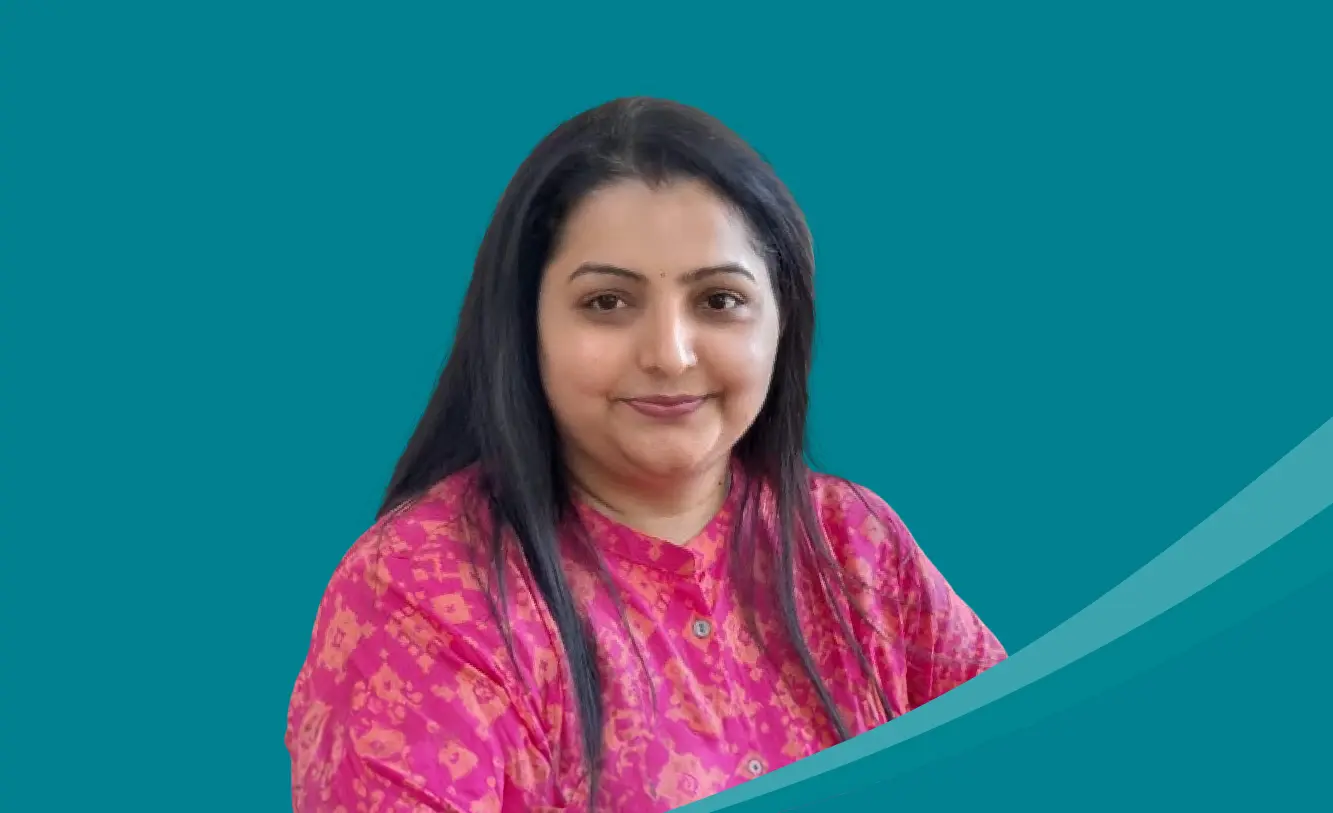How crucial is timely diagnosis in managing thyroid disorders, and what are the key challenges in detecting these conditions early?
A: Timely diagnosis of thyroid disorders is crucial for effective outcome management. While some individuals may notice initial symptoms and bodily changes, others may overlook them. Subclinical diseases may manifest with very minor or no symptoms. In such cases, regular and periodic thyroid testing becomes the primary tool for early detection. It is essential to recognize the importance of routine monitoring to ensure timely intervention and optimal health outcomes.
Top of Form
In your experience, what are the common misconceptions surrounding thyroid disorders, and how can pathologists play a role in dispelling these myths?
A: Numerous myths and misconceptions surround thyroid diseases. One prevalent belief is that any lump or nodule on the thyroid is indicative of cancer. However, as pathologists, we can provide reassurance. Thyroid nodules can range from simple cysts to goiters, which are non-cancerous and easily treatable. Another misconception is that thyroid tests and treatments are prohibitively expensive. Contrary to this belief, recent advances have made thyroid diagnostics and treatments cost-effective.
Top of Form
How can the integration of advanced reagents enhance the sensitivity and specificity of thyroid function tests, leading to more precise diagnoses?
A: The significance of sensitivity and specificity in thyroid disorders cannot be overstated. A borderline TSH level poses a clinical burden and concerns for patients, given the lifelong nature of thyroid treatment. Fortunately, recent advances in reagents and technology enable us to precisely assess the correct values of thyroid hormones. This precision is crucial for making informed clinical decisions regarding dosage adjustments.
Can you share insights into the importance of continuous medical education for pathologists to stay updated on the latest developments in diagnosing and managing thyroid disorders?
A: The field of medicine is vast, and a doctor must remain a lifelong student to become proficient. Continuous medical education is imperative for all doctors, with particular importance for pathologists. Pathologists play a vital role in validating disease diagnoses before clinicians proceed. In Continuous Medical Education (CME) sessions, pathologists gain insights into recent advances, update their knowledge on clinical symptoms and treatment options, distinguish between benign and malignant thyroid lesions, understand circadian variations in thyroid hormone test results, and enhance their understanding of thyroid antibodies and the correlation between radiological and pathological findings. Staying updated through CMEs is essential for pathologists to continually enrich their experience and knowledge.

Expert speak
Cutting-Edge IVD Solutions Redefine the Landscape of Thyroid Disorder Diagnosis and Care
Dr. Rucha Desai
Chief of Labs Dr Lal PathLabs Ahmedabad
Weekly newsletter
No spam. Just the latest releases and tips, interesting articles, and exclusive interviews in your inbox every week.
